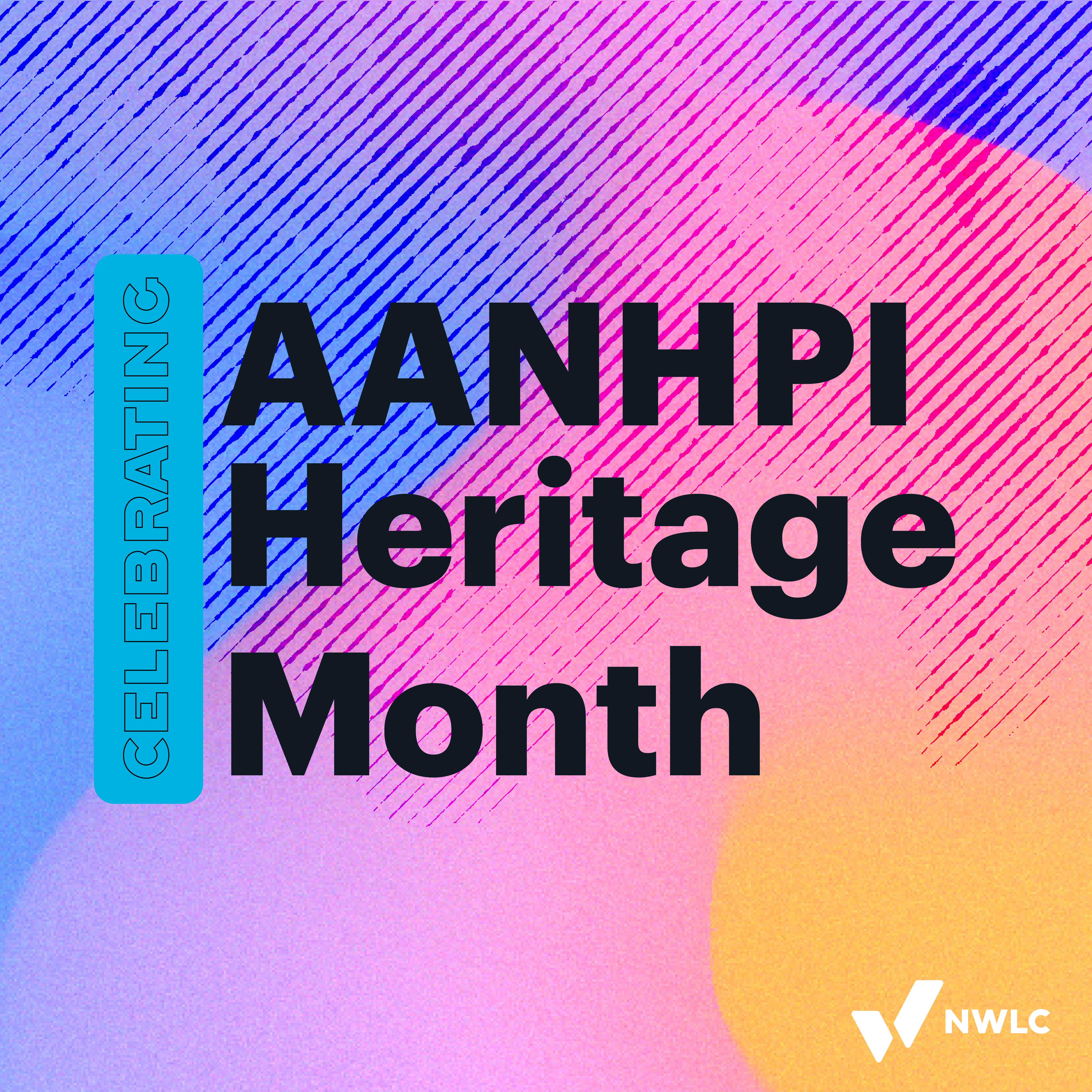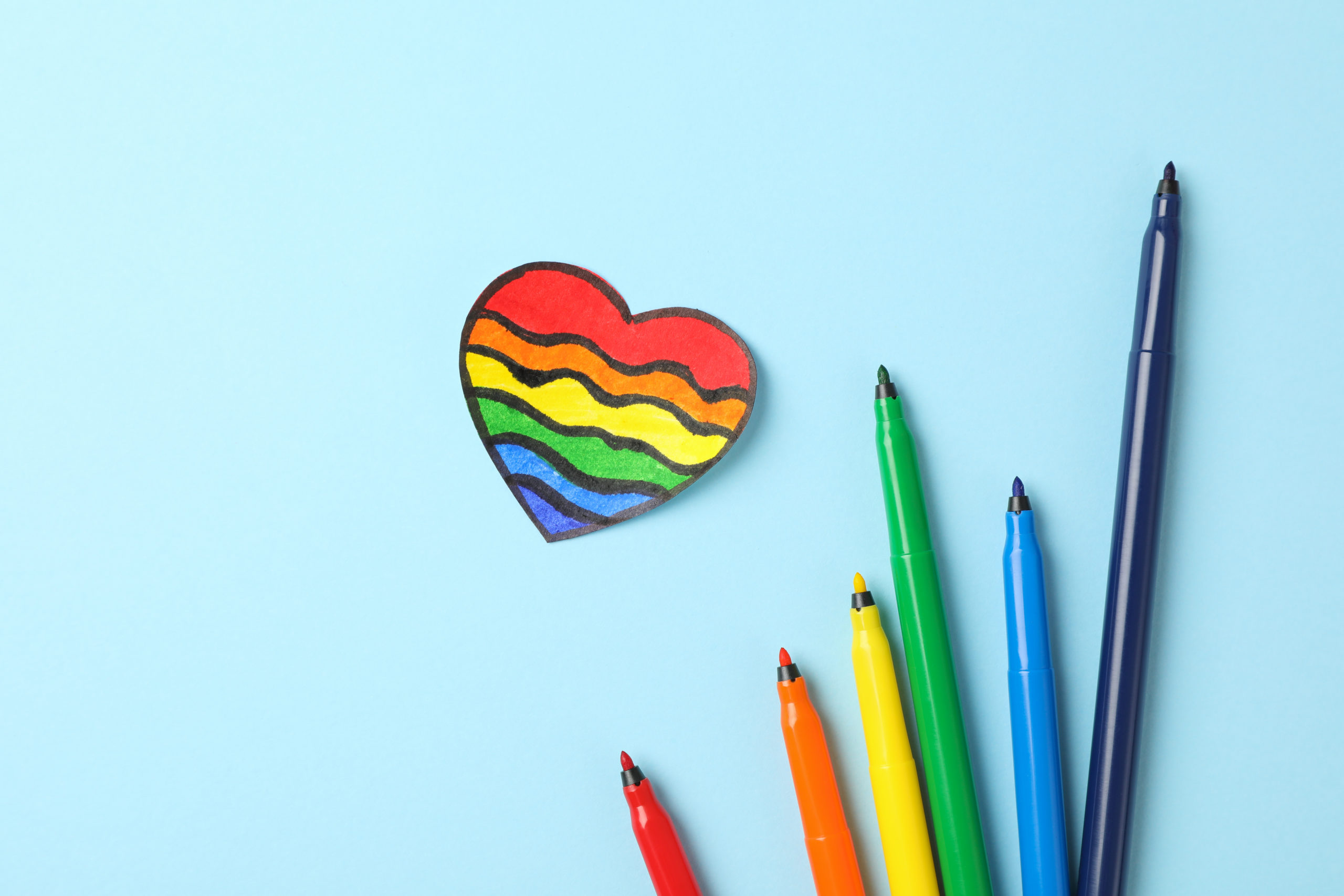Abortion rights, women of color, and LGBTQIA+ people are under attack. Pledge to join us in fighting for gender justice.
When You Have Nothing to Give, You Pass Down Your Recipes

Every May, I start to have my annual recurring anxiety around AANHPI History month. As a member of the DEIB team at NWLC, a lot of my work is about disrupting harmful monolithic generalizations about people, while also celebrating difference. As an Asian American, I both love and hesitate to celebrate AANHPI month. I’m stressed out by the urge to find similarities across a group of people defined largely by a geography determined by our colonizers, borders drawn following deeply painful periods, with over 2,000 languages spoken across our demographic, and even more cultural differences that can hardly be measured. And yet, each year, I also notice one of the things I love most about being Asian American(anecdotally observed and based on my general experiences)—our absolute love of food.
Yes, I am a data scientist, so I have to say at this point that I do not have empirical evidence for this assertion. And while I firmly believe that “AANHPI” is not a singular culture, and we should resist placing that on members of our diaspora, I have an overwhelming instinct around just how much we appreciate food in our communities. The memes about Desi Ammas stealthily leaving plates of cut mango on your desk following an argument remind me of the memes about Korean halmeonis who will hear a grandchild say “grape” one time and fill their fridges with vats of them for the rest time. To feed and to be fed is almost the same as “I love you.” I cut you mango, I love you. You said you liked grapes, I love you. Have you eaten today, I love you.
Recently, my friend Michelle hosted the loveliest café out of their kitchen. As we were talking about why Michelle wanted to host a café for their friends on a sunny Saturday morning, we began to discuss how our love of sharing food was deeply cultural for both of us. It turns out, food is love. For both of our mothers, and their mothers before them, to feed is to love. Both of our families experienced war and violence like many family members of the AANHPI community, so we wondered if perhaps food was precious to our ancestors who lived through famine. Both of us speak English in addition to our mother tongues, and we wondered if perhaps food was the universal language. Perhaps a lovingly cooked meal might say the things that we can’t communicate or transcend words that are too painful to remember. I am first generation, born in a country after my parents left their homes—or were forced to leave, and Michelle was born in South Korea but moved here at age three. Perhaps the Kimchi Jjigae and Aloo Bhortha that we each turn to when things are hard are souvenirs from a home we wish we knew better. With one foot in our parents’ homeland, one foot here, cooking a meal our grandmas cooked and hers before, felt like it kept us tied to them. Sometimes when I hand mash potatoes for Aloo Bhortha, my hands become my grandmother’s hands, and for a moment she’s with me. Sometimes, because I’m also southern, she shakes her head at me for using buttermilk instead of dahi or cornmeal instead of besan.
Of course, all of our wonderings also reminded us that these cultural descriptors might not be limited to AANHPI, but many cultures, particularly those with something to hold onto from a life they left behind or were forced to leave behind. When you have nothing to give, my grandma once said, you pass down your recipes. In the end, neither of us could say for sure what brought our cultures such a reverence for food, and perhaps that was the point. So instead, we sat down at an abundantly laden table, surrounded by friends, and passed out slices of Plum Guava Mochi cake. Somewhere in the sharing of cake, was the answer we were looking for, but maybe there are no words for it, and maybe that is the point.
So, if you’re reading this, whether it’s AANHPI month or not, make yourself a cup of tea, a plate of sliced fruit, or a perfectly fried egg. Translation: I love you. I love you. I love you.




